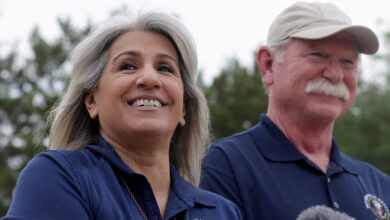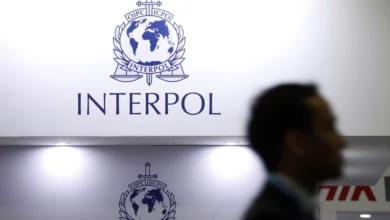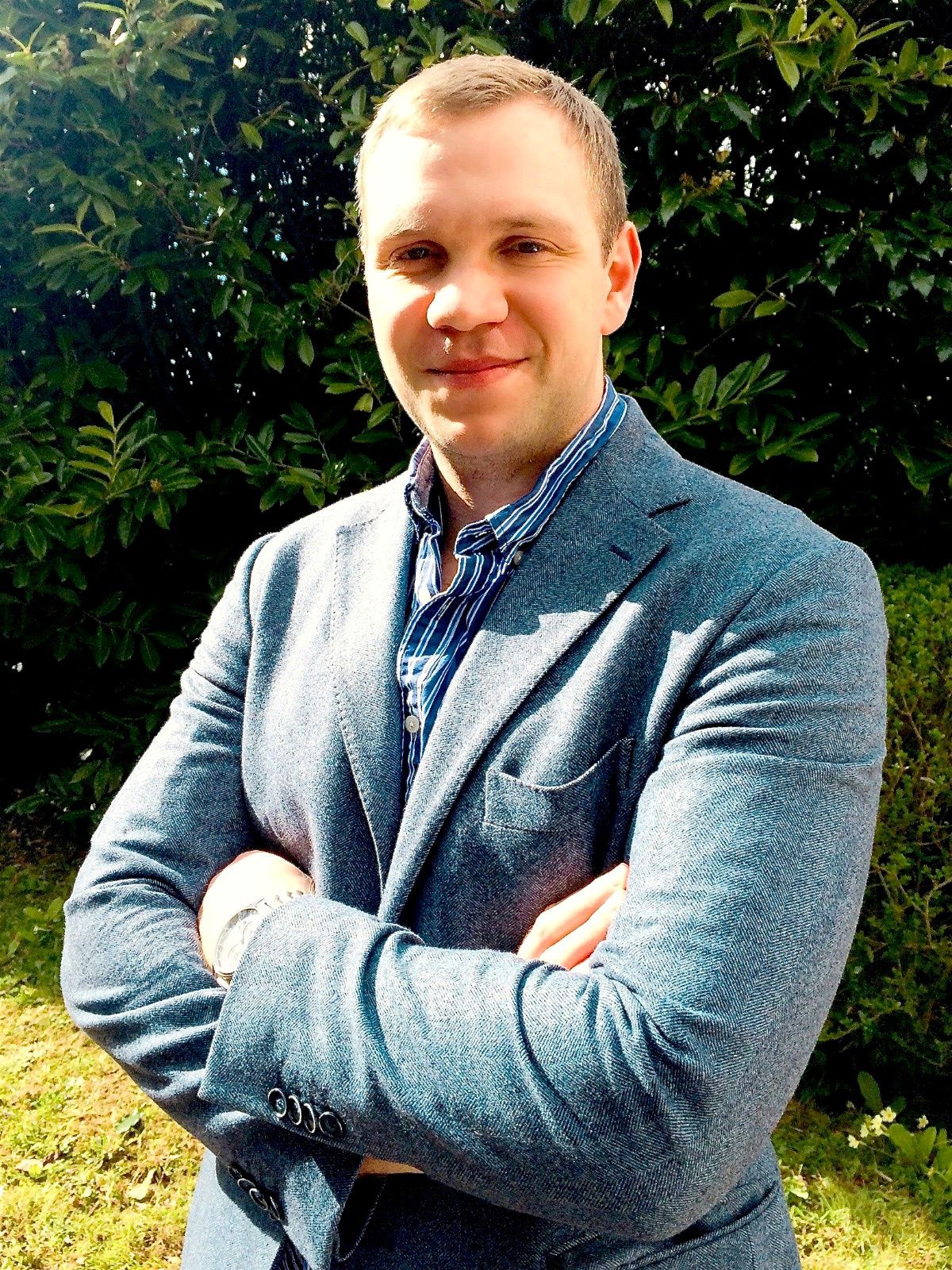WikiLeaks founder Julian Assange said on Friday that he was the target of an aggressive US investigation and feared extradition to the United States was "increasingly likely."
The 39-year-old Australian computer expert, whom Swedish authorities want to question over alleged sexual offences, has angered the United States by releasing secret diplomatic cables on his website and teaming up with newspapers around the globe to amplify the impact of the disclosures.
Speaking to reporters from the grounds of the English country house where he was sent after his release on bail this week, Assange gave no hint of what charge he might face.
He denounced what he called a smear campaign against him and said he expected more attempts to tarnish his name.
"The risk we have always been concerned about is onward extradition to the United States and that seems to be increasingly serious and increasingly likely," Assange told reporters in the sprawling grounds of the house in eastern England where he must spend Christmas and New Year.
Asked if he was facing a US conspiracy, Assange told reporters: "I would say that there is a very aggressive investigation. A lot of face has been lost by some people, and some people have careers to make by pursuing famous cases."
US Attorney General Eric Holder has said his government was considering using the US Espionage Act, under which it is illegal to obtain national defense information for the purpose of harming the United States, as well as other laws to prosecute the release of sensitive government information by WikiLeaks.
Lawmakers, including the leadership of the Senate Intelligence Committee, have said that if US criminal law is too weak or antiquated to shut down WikiLeaks, legislation should be introduced to make such action easier.
Experts in espionage and freedom of information law say any US crackdown on Assange and similar leak wholesalers or brokers would likely make it easier for the government to mount prosecutions against anyone who receives leaks of unauthorized information — most notably journalists.
"The consequences of (Assange's) behavior for the American press could be stark and painful," said Floyd Abrams, an expert on press freedom.
Steven Aftergood, a campaigner against excessive government secrecy with the Federation of American Scientists, said any US effort to prosecute Assange "threatens to lower the threshold for the prosecution of journalists covering national security. Journalists who routinely seek out classified information could be brought under the law."
One key question for US prosecutors is if they can determine whether Assange collaborated with the US Army intelligence analyst who is suspected of leaking the classified material. Assange has denied any connection with the former US Army Specialist Bradley Manning.
Assange has described the curbs on him as "hi-tech house arrest." As part of his bail conditions, he must stay at the 18th-century mansion owned by former British army officer Vaughan Smith, situated close to the city of Norwich, around three hours' drive from London.
Assange gave reporters a double thumbs-up sign when he reported to a police station in the nearby town of Beccles. A daily visit to the police is one of the terms of his bail.
Host Smith has said that the Internet connection at the 10-bedroom house is not good. Assange, who must abide by a curfew and wear an electronic tag, said the conditions were "a gross impediment to my work" but would not stop him.
Despite the restrictions, he joked that he was enjoying the chance to have a Martini and snowball fight with friends after nine days in jail. Assange walked free from a London court on Thursday, freed on 200,000 pound ($312,500) bail.
Assange is accused of having unprotected sex with one woman in Sweden, and engaging in sex with another woman while she was sleeping in August.
He said he expected further attempted smears from the Swedish authorities but did not elaborate.
Wearing a padded olive-colored jacket against the cold, the white-haired Assange said that WikiLeaks was more than him and his backpack.
"It is designed to withstand decapitation attacks and our publishing rates actually increased over the time that I was in solitary confinement," he said.
Assange was asked about reports that WikiLeaks planned to release a series of secret banking documents, but refused to say which banks might be involved.
"It is our normal business to publish information about banks … of course we are continuing to release material about banks."
He brandished a copy of the Guardian newspaper, one of the publications with which he has been working to drip-feed some of the treasure trove of 250,000 cables he has obtained.
The Guardian reported on Friday that Indian security forces fighting a 20-year insurgency in Kashmir beat suspects, subjected them to electric current and tortured them with water, citing reports from the Red Cross to the U.S. embassy obtained by WikiLeaks.




